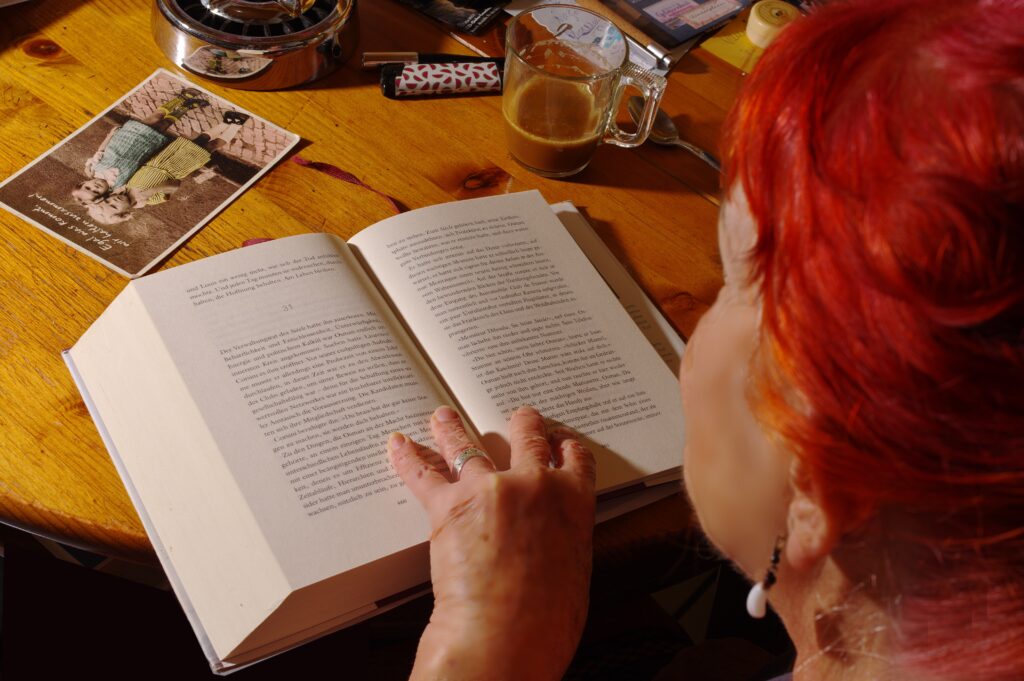The intriguing parallels between royal sibling relationships and everyday family dynamics

When I picked up Prince Harry’s memoir, Spare, this summer, I had a revelation: if we aren’t the firstborn in our family, we are all spare children in some ways. This isn’t a complaint, but rather an observation that sparked my curiosity.
I hesitated to reference Prince Harry’s book, as my intention isn’t to review it or delve into royal gossip. However, while reading the Prince’s personal anecdotes, I found surprising similarities with my own life. Of course, my life doesn’t mirror Prince Harry’s. I wasn’t born into a royal family, didn’t grow up in castles, nor did I attend Eton. Our countries of birth are different too — I’m Italian. But like Prince Harry, I am a second-born child.
In many chapters of his book, Prince Harry underlines how the Royal Family often accepted his behavior just because he won’t reign in the United Kingdom. For example, he complains that he asked to have an active role in the Army, and the Royal Family sent him to Afghanistan (the heir wouldn’t even ask to risk his life). At another moment, he said that he could get married by showing his beard, while Prince William wasn’t allowed to grow it. In general, despite his admission that his elder brother is having many more responsibilities, Prince Harry complains that his entire life dwells around the point of not being the heir.
As I said, I’m not living among Royals, but I considered the many parental relations I have met in my life: myself, my husband, my cousins… you got the point. And I became aware that parents generally pour out all their highest expectations on the firstborn. The seconds (and the thirds…) are generally born in a more relaxed environment. Let’s say it openly: no one expects anything from them. And, having no vision to fulfill can be a great privilege, as it grants a larger freedom of choice about one’s life. The firstborn is often the one who must carry the responsibility of the family’s goals, while the second one should help him to succeed.
So, for example, when we had to choose our high school, my elder brother had a few choices, as everyone in my family expected him to attend a scientific lyceum (it’s one of the highest-profile study courses in Italy). When it was my turn, I decided to attend a linguistic lyceum, which is not that eminent, but I faced almost no objections.
Some very intellectually honest parents have no problems admitting that their second child was born to be either a support or, in the worst case, a correction to the first one. One of my mother’s friends told me that she didn’t feel old, despite her elder son being grown up, because her younger child was “making her feel still young”, and that was why she had decided to have another child, long after her first one.
I’m not judging the reasons why a couple decides to have children or not. And I’m not pondering over the quantity of love I received: I’ve been a beloved child. But it’s often an unspeakable feeling that almost every parent has a favorite child among his ones. I know with a reasonable certainty, that I was my father’s favorite, while my brother was my mother’s. It’s not a Shakespeare tragedy: our parents loved us both, and granted both of us the same care. But both of them had a smoother relationship with one of us.
I shared these thoughts with my son -I have only one. I often address him, as being a psychologist. He suggested that I had seen this relationship from my parents’ point of view. But what if I turned the same questions to myself as a daughter?
I had to acknowledge that the smoother relationship was in both ways. As children, we should admit that all of us have a privileged relationship with one parent. Again, this has nothing to do with the huge amount of love we all spill on both parents. But it’s obvious that it’s easier to speak with one of them, the one who is our biggest fan. It’s obvious and natural.
Even Prince Harry has no hesitation to let his readers understand how the love he had for his mother was easier, and how to show it was natural.
It is the same for all of us, with no crowns, but with the same parental bonds to unravel.
Be the first to comment